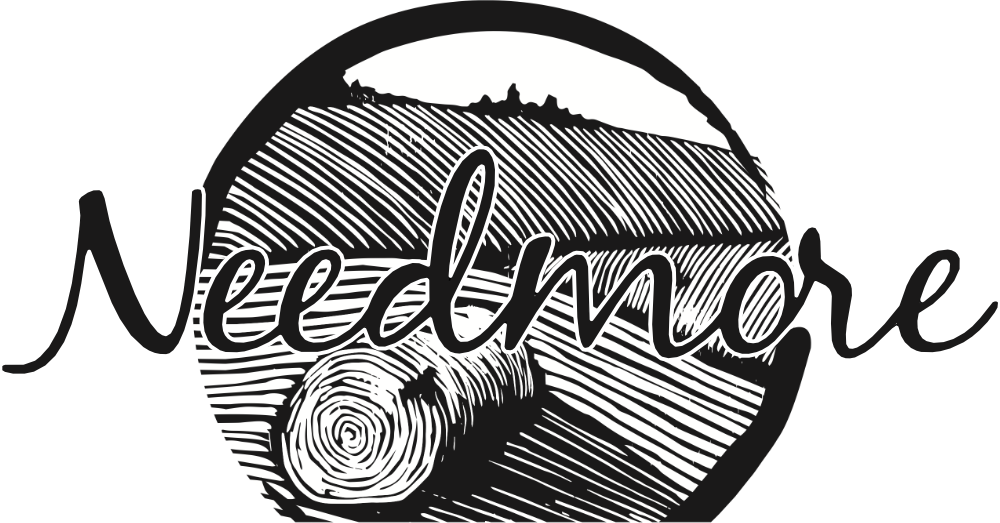Needmore Coffee Roasters is so excited to introduce you to our newest organic coffee beans: Bolivia Caranavi. These beans are not only organic, but like many of our coffees, they are Direct Trade. When you brew these organic beans at home or try a cup in our shop, you can look forward aromas and flavors of chocolate paired with citrus, and a sweet caramel finish.
Where do these organic coffee beans come from?
We sourced these organic beans from the Caranavi Province of Bolivia, which is an area known for its coffee production. In fact, though coffee is one of Bolivia’s main cash crops the majority of the country’s coffee is produced in this province. It’s really no surprise that much of the coffee production happens here because the climate is perfect for it. Caranavi is located in the Yungus region of eastern Bolivia. It is part of the transition zone where the Andes Mountains morph into the eastern forests. The region’s high altitude (1600-1700m) and fertile soil enhance the flavors of their organic coffee beans.
How are the coffee beans produced?
These organic coffee beans are produced by a cooperative of small family farms. The farmers are mainly indigenous people who are native to the land on the edge of the Andes mountains. One of the coolest parts of their coffee production method is that these indigenous farmers treat their land as though it is part of the government protected areas that boarder it. This means that the farmers work with, rather than against, the complex ecology of the land that they occupy. Most of these farms have already been certified Smithsonian Bird Friendly, and all have been certified Organic.
Before being sent off to us, the coffee beans are washed or wet-processed. This means that the coffee bean is completely separated from its cherry before drying, resulting in coffee flavors that highlight the inherent qualities of the bean. The coffee is picked and depulped at the farm, but it actually travels 8 hours minimum just to get to El Alto (El Alto is a city bordering La Paz, one of the capitals of Bolivia) and finish the drying process. El Alto is over 13,000 ft above sea level, and much drier, allowing for a more stable drying process. With a washed coffee you get to taste all of the things that make the coffee of the Caranavi Province unique (the place, the soil, and the varietals), rather than tasting the effects of the processing method. We are thrilled for you to experience this special place through its coffee.

This is Felix. He is the president of the cooperative and head of QC!

Indigenous groups inhabit the Andes Mountains. This is the process where they sort by hand, to create the best specialty coffee to export.

A coffee drying professional in El Alto.




You must be logged in to post a comment.